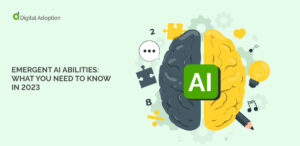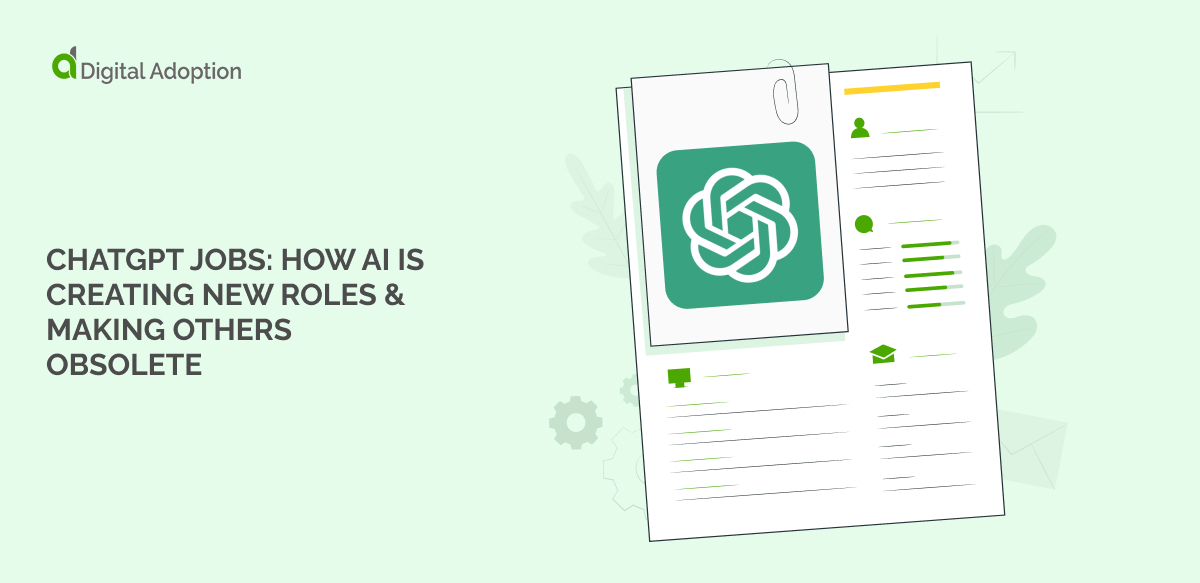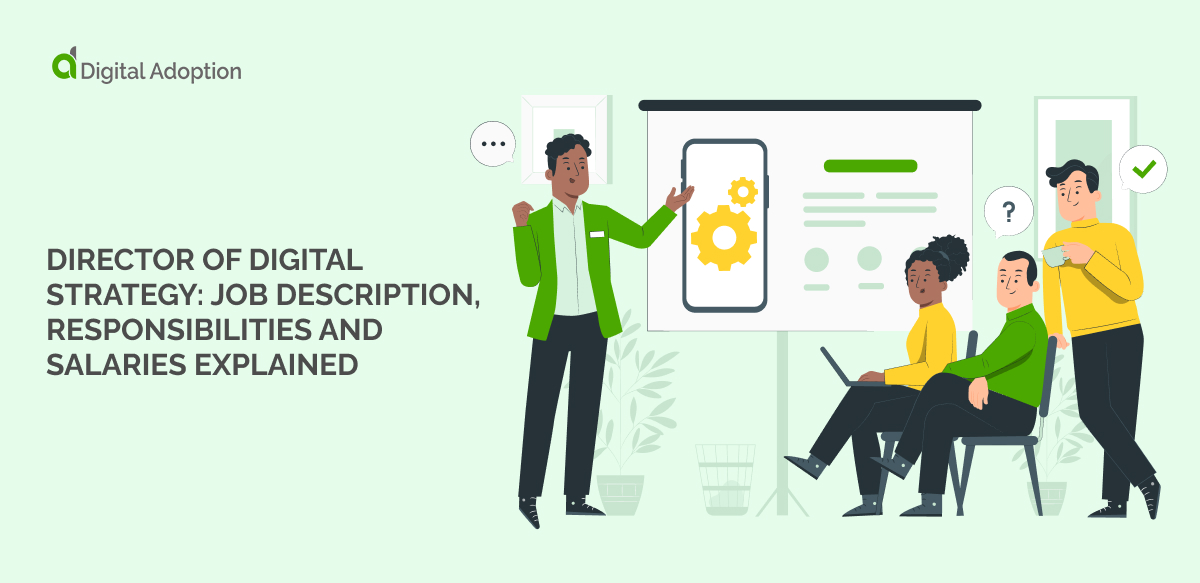In today’s workplace, we frequently hear terms such as IT democratization, digital democratization, and data democratization. But what exactly do these terms mean and how do they affect the organization?
How IT Democratization Affects the Organization
Information technology (IT) provides more capabilities to more people everyday. On the one hand, IT is getting easier to use. On the other, it is becoming more sophisticated, which means that nontechnical people can perform increasingly complex tasks.
This is why the term “democratization” is used – all people are gaining access to increasingly powerful IT capabilities.
As noted, terms using “democratization” often include:
- IT democratization. The spread of information technology across the organization.
- The democratization of digital technology. Often used synonymously with IT democratization.
- Data democratization. Embedding data within the culture and spreading it throughout the business.
All of these trends are a result of the increasing digital transformation of the business world. As IT becomes more pervasive across the organization, roles and responsibilities will shift both inside and outside the IT department, as we’ll see below.
How IT Democratization Affects the Organization
IT democratization affects IT department in several ways:
- Lighter workloads for IT staff. Software enables normal employees to perform tasks that were previously only performed by IIT staff. This can significantly reduce workloads for certain types of it tasks, such as IT operations tasks.
- Changed organizational structure. At the bare minimum, IT democratization can reduce it workloads, as mentioned. Organizations that accelerate an aggressively adopt new software, on the other hand, may generate more significant benefits. A company that adopts advanced automation software, for instance, could end up restructuring its organization.
- Increased digital savviness across the organization. The more the company adopts digital technology, the more digitally savvy workers will be. That increased digital savviness in turn can drive up productivity, increase workforce agility, boost organizational resilience and more.
- Greater organizational adaptability. We’re living in the midst of a digital revolution. Only digital-first organizations will survive in the coming months and years. The democratization of IT, data, and digital skills will inevitably become essential for survival. Digital-first organizations will be more adaptable, nimble, and successful in the coming digital era.
It is worth studying the shifts that are taking place today. They will, after all, have a major effect on the way that organizations operate, both now and the future.
IT Democratization and the Future of Work
We’ve already seen that democratization can create major advantages for the organization and the workforce.
But how will these changes impact the organization in the years ahead?
Many business consultancies and large corporations, from IBM to McKinsey, have predictions about the future of the enterprise.
Here are a few:
- The enterprise will become automated. The automated enterprise refers to the idea that the enterprise itself will be operated by technology. Humans will perform fewer manual tasks and focus instead on offering strategic value.
- The job market will shift. As it becomes pervasive, we can expect major shifts in job roles, job categories and the job market. Certain skills will become more in-demand. Other jobs and job skills, on the other hand, will gradually fade away.
- Digital-first organizations will lead. Early adopters of the right technology have always gained a competitive advantage. The same can be said of its first operating models. Organizations that are willing to adopt it and democratize it will have an advantage over those that don’t.
- The business landscape will shift. IT democratization is really part of the larger mega trend of digital disruption. Along with digital innovation and other disruptive trends, IT democratization will significantly impact the structure of the business world. Digital organizations will lead, companies that provide omnichannel customer experiences will outperform those that don’t, and early adopters will outpace laggards.
IT democratization, in short, is a trend that will contribute to the reshaping of the economy and the business landscape as a whole.
Action Steps for Business Leaders and Employees
Traditionally, IT has been a back office function separated from the rest of the organization.
Yet, as we have seen, the democratization of it can drive many major advantages in the organization. Not only that, IT democratization can create competitive advantages. From increased agility to boosted workforce performance, democratizing IT can significantly improve an organization’s competitive position.
This means:
- Modernizing IT software and infrastructure
- Upskilling the workforce
- Creating an organizational culture that is digital-centric
- Embedding data-driven processes and digital-first processes throughout the organization
- Integrating technology into the organization’s strategy
- Adopting software that democratizes IT and digital processes such as no-code platforms
Most importantly, it should be recognized that the world and the business landscape is shifting dramatically. The workplace and the workforce of tomorrow will be digital. IT will not only play a bigger role in tomorrow’s company, it will drive the most successful organizations.
The most important point when considering IT democratization, therefore, is probably a mindset shift. Building a digital-first mindset will lead to other organizational changes, such as operational changes, strategic changes, and structural changes.













